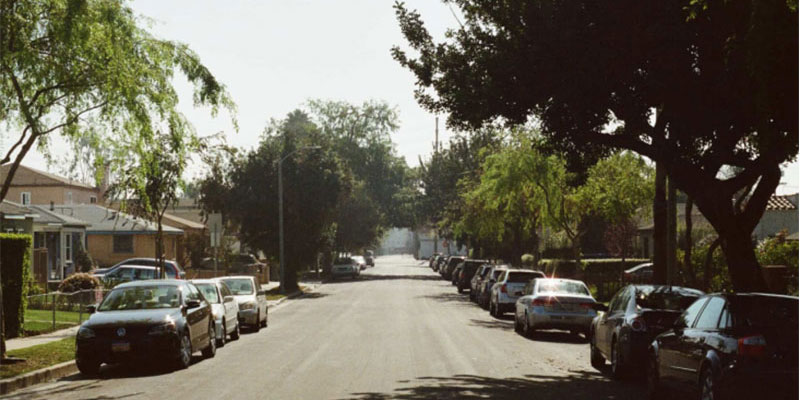HOA Living Tips
In the 1960s, there were approximately 500 HOAs in the USA, but that number has grown steadily since then. As of 2010, the CIA, also known as Community Associations Institute, estimated that around 62 million Americans were homeowners in one of the country's 309,600 HomeOwner Associates communities.
Firstly, an HOA is a group of house owners that work together to enforce the laws and regulations of a particular community, such as a neighborhood, redevelopment, or condominium building. Suppose you own a home and inhabit a community with a homeowners association (HOA). In that case, the regulations of that association will govern and restrict your actions regarding what you will be authorities over concerning your land. The homeowners who live in the community appointees are nominated to the management board of the HOA and are responsible for enforcing the rules and agreements.
Several may see this as good news because HOA contract terms and bylaws protect the worth of your property by preventing you and your neighborhood from doing things that would lower the neighborhood's overall attractiveness, such as painting your residence an unattractive color or parking a fleet of commercial trucks in your parking space. Unfortunately, there are certain restrictions on how private land can be used. Directors and residents have an obligation to fulfill their responsibilities under the agreement. The consequences of failing to do so might be severe.

HOA performs various functions. These agencies offer parks, landscape upkeep, club buildings, swimming pools, and even charitable activities to their members in exchange for monthly or yearly dues. HOAs are usually easier to work with, particularly as it relates to resolving disputes or breaches committed by individual homeowners. You need to learn the ins and outs of HOA management to enjoy the advantages of membership.
Homeowner Association Tips to Consider

The following are five famous HOA Living Tips:
Increase in Interest Rates
What should you do if your homeowners' association (HOA) continues escalating your debts at inflated rates? The best homeowners associations tip is that you should send money. Avoiding doing so would expose you to many problems, including possible home loss through foreclosure. Second, check the bylaws and documents to discover what your obligations are. The board of your homeowners' association is there to be communicated with, and you should use your best judgment while doing so. You need to possess a legislative foundation for your complaint about the fee rise to stay in business, as HOAs have a history of being defined within their rules.
The power is in the numbers. If this is the case, you will have to unite with your other property owners who share your displeasure with the rise. For the convenience of all the objecting homeowners, you may engage a single attorney to handle the matter and their legal requirements.
Since the danger of losing the case in court surpasses the expense of the rate increase to you financially and in your willingness to comply with the Homeowner Association's program amendments in the future, the rate increase must be substantial for you to become enthusiastic about filing a lawsuit. The more individuals voice their dissatisfaction regarding the rise in interest rates, the stronger their position will be.
The amount of the monthly fee is set by the board. The Homeowner Association is more inclined to raise rates or initiate penalizing owners for offenses leading towards penalties if it requires additional funds, as it may do during a crisis or if building and upkeep are necessary to maintain facilities up to standards.
Vindictive or Non-Responsive Board
You should contact the board members if you are still waiting to hear back from the Homeowner Association after writing to them. If you are still looking for someone to respond to your inquiries, you should see if there is a meeting you can attend. Get legal help if they continue not to handle the issue.
If your HOA still refuses to negotiate after public attention and legal advice, you may need to file a lawsuit. You may need to take legal action if you can't get your HOA to negotiate after bringing it to the public light and consulting with legal counsel. When a homeowner association sues a resident, going to court is often the only option. The cost of legal representation is significant for both parties but is usually borne by the losing party.
Take Punishment Seriously and Pay Fine
There are three ways to handle a fine. It can be paid off first. It will be all over soon. However, make a payment once and effectively admit guilt. Any future attempts to challenge a penalty related to the same offense will be reduced.
Your second choice is to submit a variance request, a modification to the HOA's contract or agreement. An HOA may agree to a deviation to avoid a court battle. When deciding regarding the approval grant, HOAs will often hold a hearing to which all affected residents are invited.
Pursuing legal action is usually the final resort, but it should not be regarded as such. You may get the HOA to reimburse your legal bills if you win a case against them.
Make On-Time Payments
HOAs can seize on homeowners who fall behind during their payments, even if the fee is very low. The homeowners' association can sell your property at auction after repossessing it and removing you. As suggested by one Houston attorney, you can appeal to the HOA's better nature.
Consider Running for One of the Open Board Positions
It's been said that knowledge isn't necessarily strength but is on a board of homeowners' associations. If you're a landowner and a board member, you'll constantly be up-to-date on the committee's latest ideas, how they'll influence you, and what you may expect in the future. And not only will you be aware of them, but you'll also be able to take action. A director has a voice and authority in board deliberations. Additionally, they have the ability to suggest alterations that will boost the community's standard of living.